UPDATE Mobile Operators Agree £5bn Deal to Extend Geographic Cover to 90%
The Government has agreed to drop its controversial push for a National Roaming policy to resolve “partial not-spots” in favour of a new commitment by Three UK, Vodafone, O2 and EE to extend their geographic network coverage (voice and text) of the United Kingdom from 80% today to 90% by 2017. Sadly data (3G and 4G – Mobile Broadband) coverage will only be pushed to 85%.
According to Ofcom, around 99% of the UK’s population can already receive both 2G and 3G based outdoor mobile network coverage from at least one operator (plus 73% for 4G). But sadly this falls to 80% in terms of geographical (landmass) coverage and the situation is even worse when you also want to access mobile data connectivity, which currently sits at a dismal 69%.
The Government’s Culture Secretary (DCMS), Sajid Javid MP, had initially sought to resolve this problem by proposing a new national roaming policy, which would have controversially forced mobile operators to improve 2G (voice and text) reception in mostly rural locations through greater sharing of key infrastructure, such as masts (details).
Naturally the four primary mobile operators were less than pleased with this idea, which they branded as “unworkable“, difficult / expensive to implement and warned that it would also be a “disincentive to build more infrastructure” (i.e. if you’ve spent millions building coverage to serve a specific area then you lose your competitive advantage with national roaming).
On top of that the Government’s Home Secretary, Theresa May, bizarrely warned Sajid Javid that the mobile roaming proposals would make it more difficult for GCHQ and Police to snoop on peoples mobile phone calls and Internet connectivity because it would prevent them accessing “information that is crucial to keeping us safe“.
Instead mobile operators last month made a counter proposal (here), which would instead focus on boosting network coverage through private investment to build new infrastructure (masts etc.) and this appears to have been what the Government has adopted via a legally binding agreement. But we suspect that some of the headline £5bn figure may include existing investment in 4G infrastructure, which is anticipated to cover 98% of the population by the end of 2015. Measures will also be taken to boost existing signal strength in order to improve reliability of calls etc.
Sajid Javid, Culture Secretary, said:
“I am pleased to have secured a legally binding deal with the four mobile networks. Too many parts of the UK regularly suffer from poor mobile coverage leaving them unable to make calls or send texts.
Government and businesses have been clear about the importance of mobile connectivity, and improved coverage, so this legally binding agreement will give the UK the world-class mobile phone coverage it needs and deserves. The £5bn investment from the mobile networks in the UK’s infrastructure will help drive this Government’s long-term economic plan.”
A Vodafone UK Spokesperson said:
“We support the Government’s objective of delivering better coverage to rural areas including partial not spots. This is why Vodafone is already spending £1 billion on our network and services in the UK this year alone and will continue to spend a similar amount next year as well.
The voluntary industry commitment we have agreed with the Government today will deliver 90 per cent of the UK’s land mass with voice services and a major improvement in mobile internet coverage as well. It is a great result for UK consumers and businesses and it will make the UK a leader across Europe in terms of the reach of mobile coverage.”
It’s important to remember that one of the conditions of the original proposal by mobile operators was that there be a reduction in Ofcom’s proposed licence fee hike (applicable to the 900MHz and 1800MHz radio spectrum bands) as a concession from the Government. Today’s deal doesn’t clarify precisely what will happen, although it does advise Ofcom to factor in the development as part of “their work to revise Annual Licence Fees“.
The mobile operators also suggested that it would be better to tackle the issue by reforming the Electronic Communications Code (ECC) and removing barriers, such as costly business rates in rural areas and expensive backhaul / power supplies. Once again today’s deal isn’t specific, but it does include a plan to “reform the out-dated and ineffective” ECC in order to “make it easier for the whole communications sector to rollout out new mobile and broadband services, and increase choice for consumers“. A semi-related review of business rates is already taking place.
On top of that the Government has agreed that many of its freehold buildings can be used as sites for mobile infrastructure (base stations etc.), which no doubt will be a big help towards improving mobile coverage. Overall it’s anticipated that the new agreement will halve partial not-spots and reduce complete not-spots by almost two-thirds, with the on-going £150m Mobile Infrastructure Project (MIP) separately working to fill in total not-spots (despite extensive delays).
In the end the Government appears to have won an agreement what will see it making no cash payments to mobile operators in return for a legally binding plan to significantly extend mobile network coverage, which on this occasion actually deserves some praise. It’s also possible that an adjustment to business rates might benefit fixed line broadband ISPs too, but we’ll have to wait and see.
UPDATE 10:17am
The Country Land and Business Association appears to be less than pleased.
Henry Robinson, CLA President, said:
“This announcement contains big numbers and strong words but in reality it perpetuates the status quo and will leave thousands of homes and businesses with the prospect of poor or no mobile phone coverage for years to come.
It is deeply disappointing that the Government has not pushed the providers to come up with more radical solutions. We are keen to know whether this agreement ends the prospect of a national roaming network that we know is hated by the mobile phone providers, but in our view has the potential to provide choice and access in rural communities.
We will continue to fight for a mobile phone network that provides accessible and affordable mobile coverage across the whole of the UK.”
Mark is a professional technology writer, IT consultant and computer engineer from Dorset (England), he also founded ISPreview in 1999 and enjoys analysing the latest telecoms and broadband developments. Find me on X (Twitter), Mastodon, Facebook and Linkedin.
« UK ISP PlusNet Cuts Superfast Unlimited Fibre Broadband Prices
Latest UK ISP News
- FTTP (5533)
- BT (3518)
- Politics (2542)
- Openreach (2299)
- Business (2267)
- Building Digital UK (2247)
- FTTC (2045)
- Mobile Broadband (1978)
- Statistics (1790)
- 4G (1669)
- Virgin Media (1621)
- Ofcom Regulation (1466)
- Fibre Optic (1396)
- Wireless Internet (1392)
- FTTH (1382)
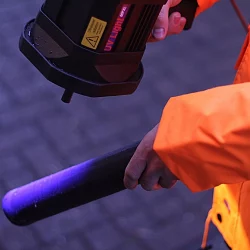

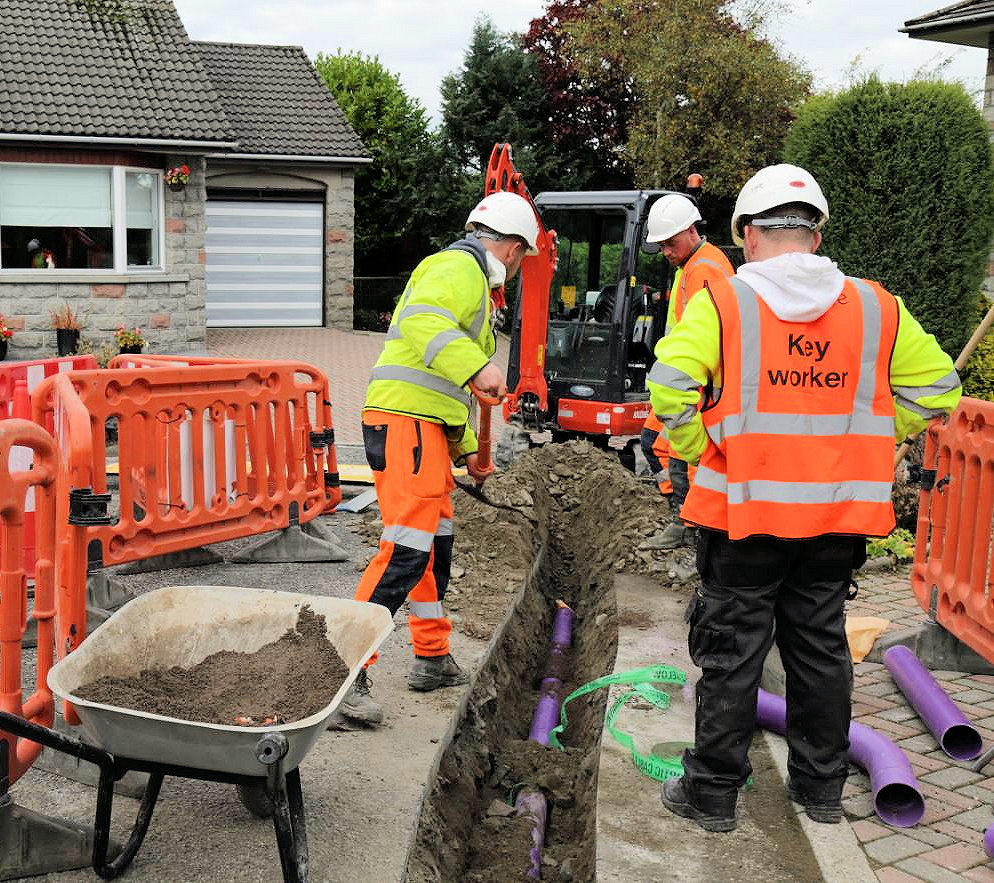

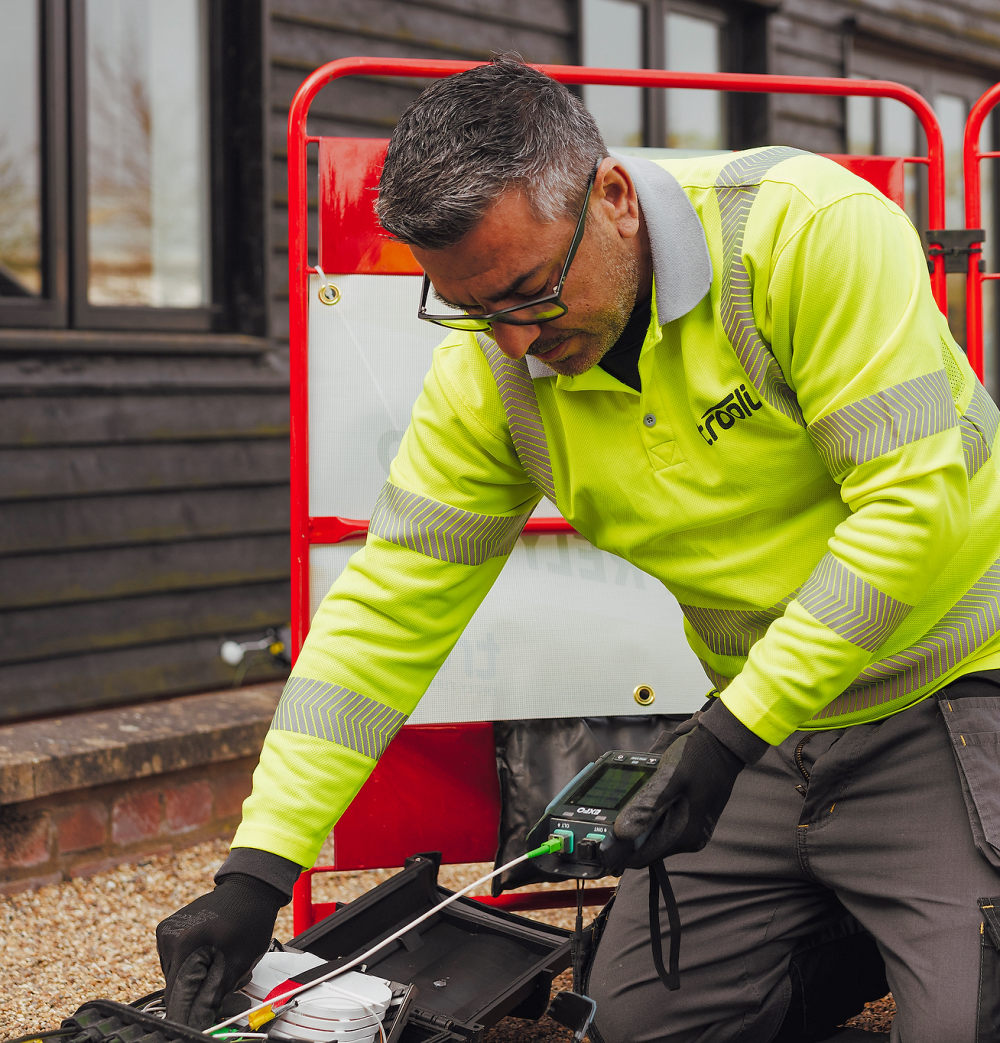
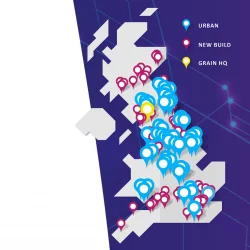











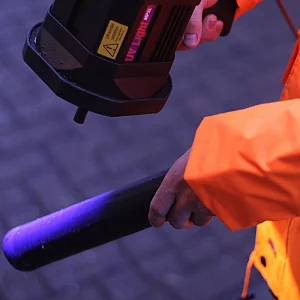

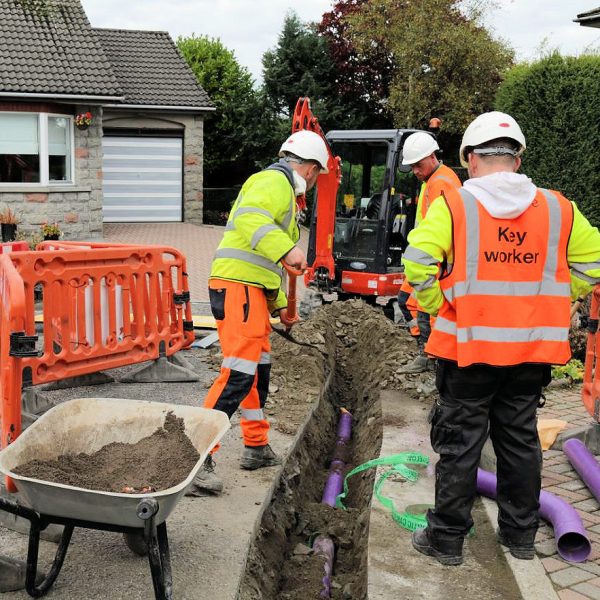

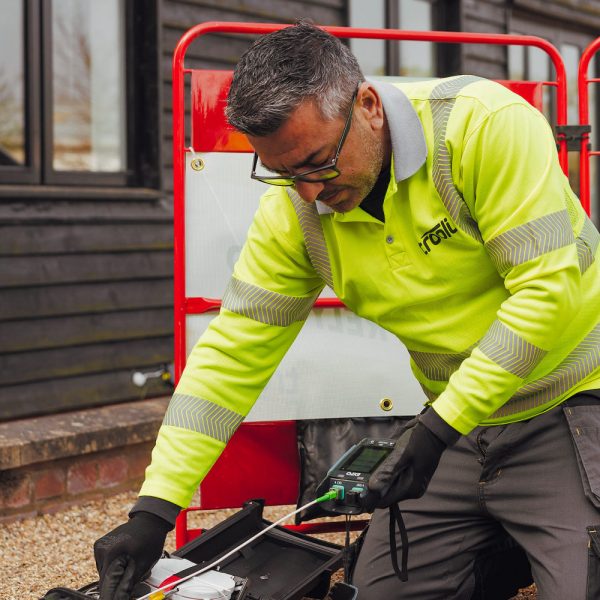


































Comments are closed